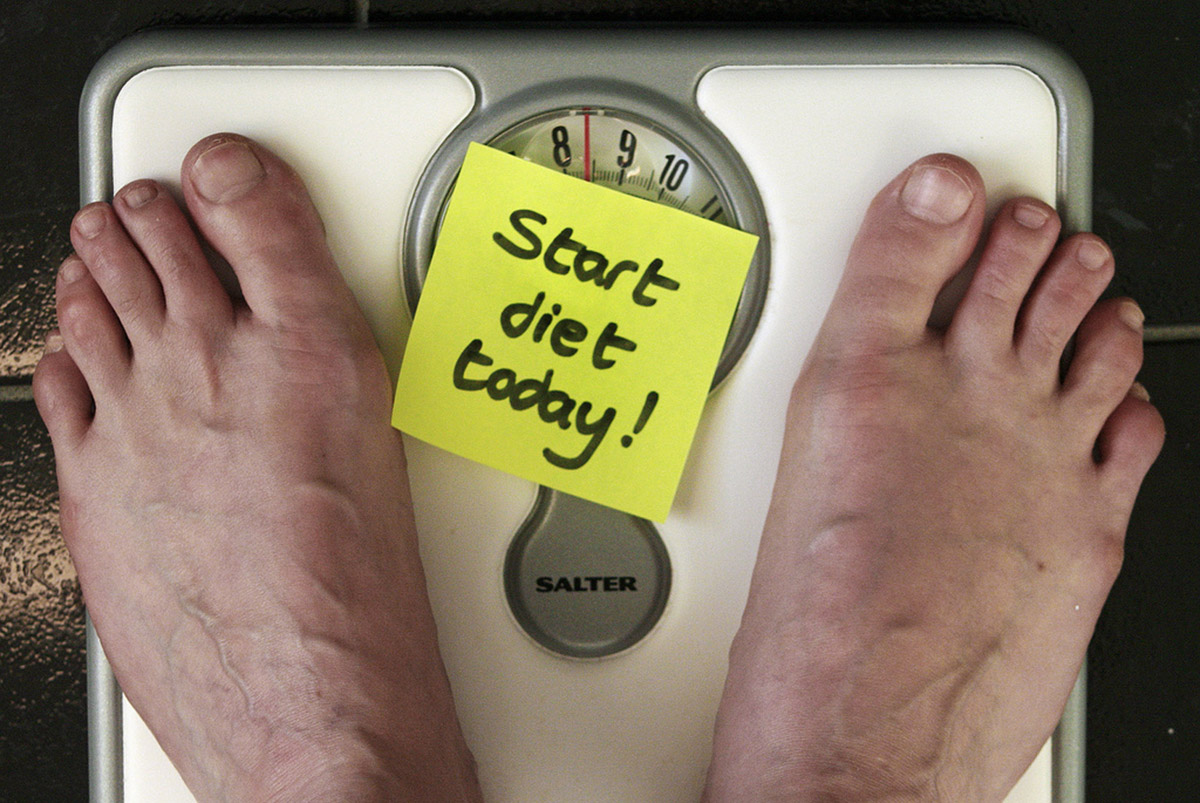Table of Contents
What do you need to know about the hCG diet plan before you even begin to consider it as a weight loss option for yourself? Quite a bit, as it turns out. Here are important facts about the hCG diet plan everyone should be aware of.

- It is a very low calorie diet: Nutrition experts suggest a daily calorie intake of 1800 (for women) is required to help our body to perform its functions properly. The hCG diet allows a calorie intake of 500-700 calories a day on an average, which is less than half of what is recommended, thus depriving the body of essential nutrients.
- Side Effects: This low calorie diet, apart from not delivering the basic nutrients to the body, makes a person irritable, can cause mood swings, headache, hair loss, fatigue, electrolyte imbalance, gallstone formation, heart arrhythmia and, in the worst cases, the intake of hCG hormone can result in irregular periods, ovarian cysts, breast tenderness, depression, vaginal bleeding in women. In males, it may cause breast enlargement, decreased sperm production, infertility and blot clot formation.
- Dose of hCG: Until now there has been no published guideline on the dose of hCG hormone. As a result, most providers are using random doses of this hormone.
- Not approved by the FDA: The hormone has not been approved by the US Food and Drug Administration for treating obesity or to be used in any kind of weight loss therapy.
- Limited research on hCG leading to weight loss: A lot of research has been done to find out if the hormone intake helps in weight loss, but there is not much solid scientific data available to confirm this, and it is felt that the weight loss in this diet plan usually occurs because of the calorie restriction. A research analysis of eight controlled and 16 uncontrolled trials measuring the effect of hCG on obesity treatment showed that there is no benefit of using hCG on obese people for losing weight. Until now, there is no scientific evidence that hCG is effective in the treatment of obesity or helps in weight loss via fat redistribution.
- Price tag: HCG hormone is usually very expensive and, in addition, there is often no easy way to check whether the medicine is real or not.
- Not a permanent lifestyle shift: Since the calorie intake is so low, it’s likely to be a temporary diet plan and not a permanent lifestyle shift which people can follow to maintain their weight. It is likely, that once a person is off the hCG diet, the weight may come back This rapid weight gain is known to be associated with serious health risks.
See Also: Personalized Dieting: A Look Into Nutrigenetics
Evidence of the rapid weight loss on this diet that can be found online appear very convincing, but a closer look clearly indicate that hCG diet can cause serious health risks. There are many studies that show that the use of extreme diets offer more risks than benefits. So instead of putting your body at risk by trying such diets, it’s better to find an eating plan that fits you well and have been scientifically proven to work and to be safe.
- Rabe T, Richter S, Kiesel L, Runnebaum B. Risk-benefit analysis of a hCG-500 kcal reducing diet (cura romana) in females Geburtshilfe Frauenheilkd. 1987 May
- 47(5):297-307
- Lijesen GK1, Theeuwen I, Assendelft WJ, Van Der Wal G. The effect of human chorionic gonadotropin (HCG) in the treatment of obesity by means of the Simeons therapy: a criteria-based meta-analysis. Br J Clin Pharmacol. 1995 Sep
- 40(3):237-43
- Stein MR, Julis RE, Peck CC, Hinshaw W, Sawicki JE, Deller JJ Jr. Ineffectiveness of human chorionic gonadotropin in weight reduction: a double-blind study. Am J Clin Nutr. 1976 Sep
- 29(9):940-8
- Birmingham CL, Smith KC. Human chorionic gonadotropin is of no value in the management of obesity. Can Med Assoc J. 1983 May 15
- 128(10):1156–1157
- Bradley P. Human chorionic gonadotropin in weight reduction. Am J Clin Nutr. 1977 May
- 30(5):649–654
- Federal Drug Administration Bulletin. Vol.5, No. 2. HCG not approved for use in obesity. Washington, D.C., 1975
- Albrink MJ. Chorionic gonadotropin and obesity? Am J Clin Nutr. 1969 Jun
- 22(6):681–685
- Greenway FL, Bray GA. Human chorionic gonadotropin (HCG) in the treatment of obesity: a critical assessment of the Simeons method. West J Med. 1977 Dec
- 127(6):461–463
- Asher WL, Harper HW. Effect of human chorionic gonadotrophin on weight loss, hunger, and feeling of well-being. Am J Clin Nutr. 1973 Feb
- 26(2):211–218.Photo courtesy of WordRidden via Flickr: www.flickr.com/photos/wordridden/173689495
- Photo courtesy of Alan Cleaver via Flickr: www.flickr.com/photos/alancleaver/4222533261


Your thoughts on this